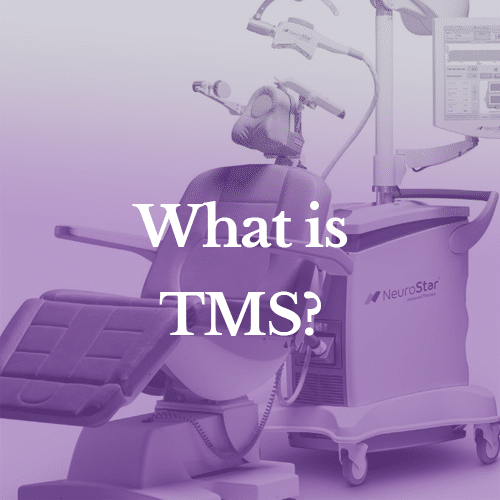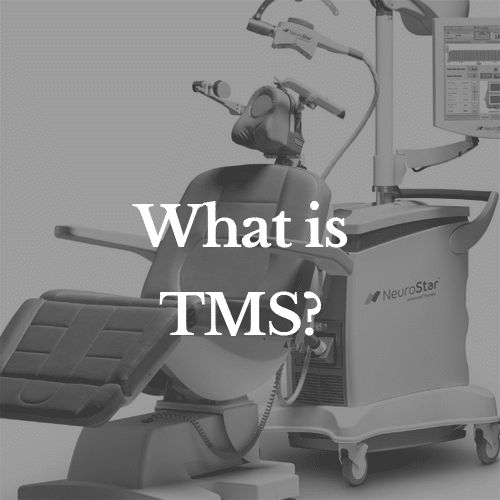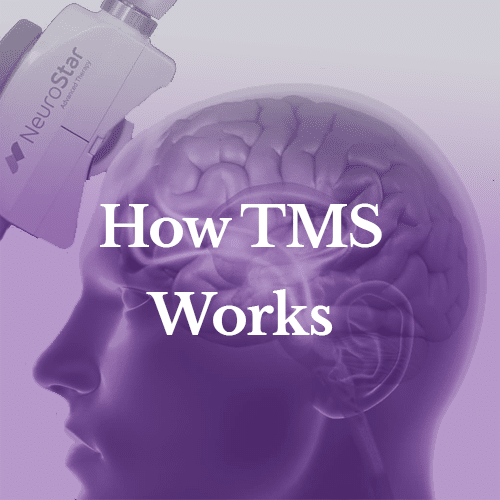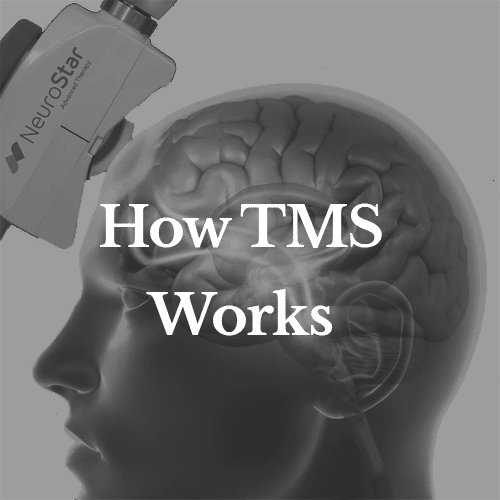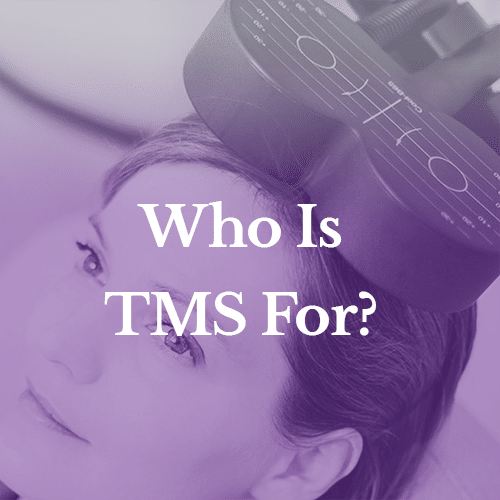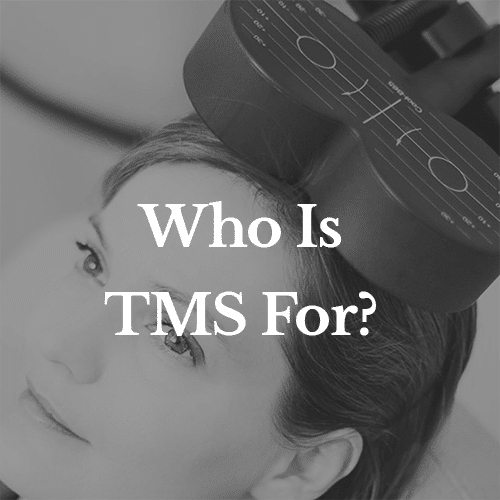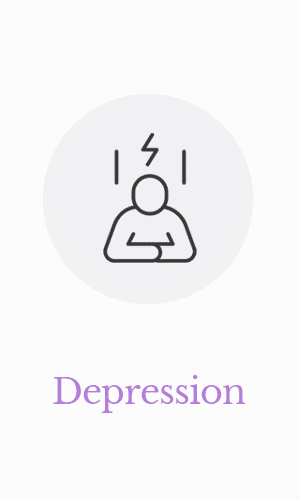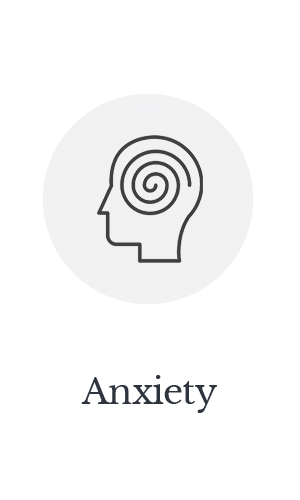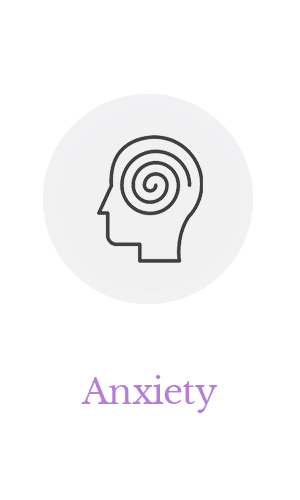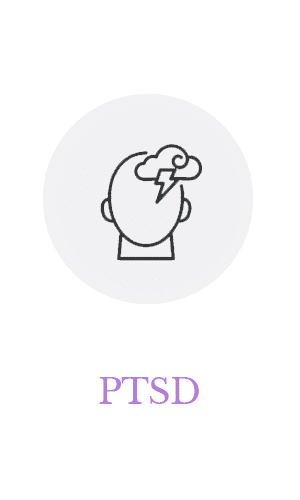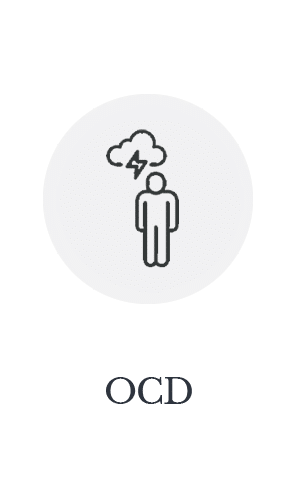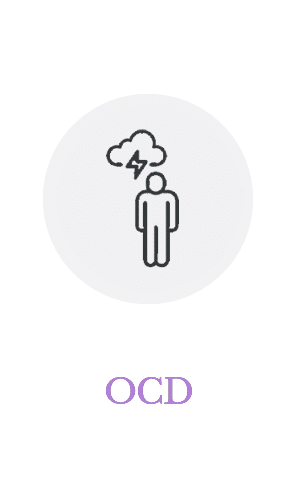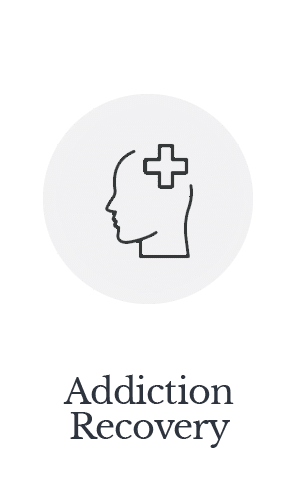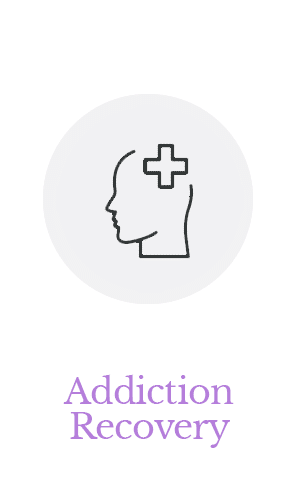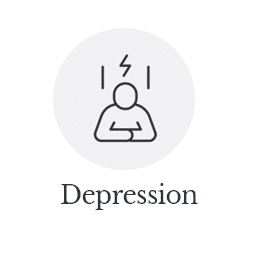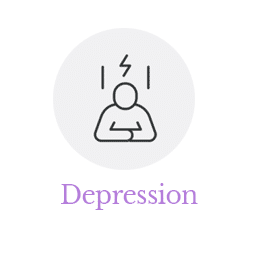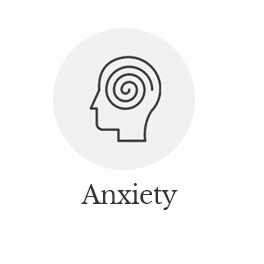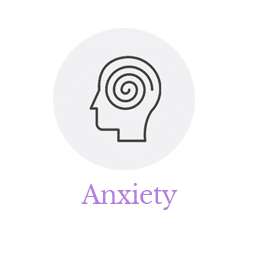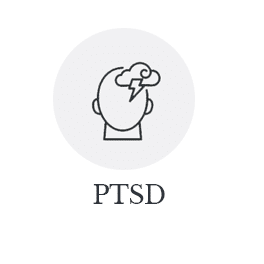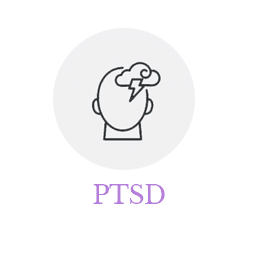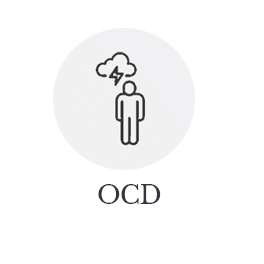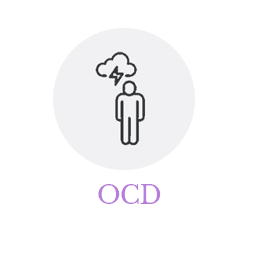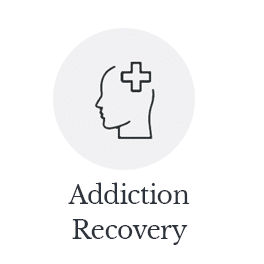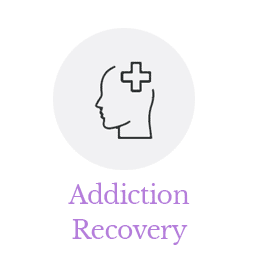As Thanksgiving approaches, many of us pause to reflect on the blessings in our lives. The holiday affords the perfect opportunity to consciously practice gratitude—a healthy habit that should extend far beyond a single day of turkey and pumpkin pie.
Gratitude, when cultivated intentionally, has been shown to dramatically improve mental health, offering benefits such as increased happiness, reduced stress, and stronger relationships. But how exactly does gratitude improve mental well-being, and how can we incorporate it into our daily lives?
Let’s take a look at the science-backed link between gratitude and mental health, share some examples of things to be grateful for, and provide practical ways to make gratitude a meaningful part of your life—not just during Thanksgiving, but all year round.
The Science of Gratitude and Mental Health
Research has consistently shown that practicing gratitude can improve mental health in significant ways. Studies have found that individuals who regularly express gratitude experience:
- Improved Mood and Happiness: Gratitude stimulates the release of dopamine and serotonin, two neurotransmitters associated with feelings of joy and contentment. This makes it a natural mood booster.
- Reduced Stress and Anxiety: A focus on gratitude shifts attention away from negative emotions and toward positive aspects of life, decreasing feelings of stress and anxiety.
- Stronger Relationships: Expressing gratitude fosters a sense of connection and appreciation, which strengthens personal and professional relationships.
- Enhanced Resilience: Gratitude helps individuals maintain a sense of perspective during difficult times, increasing their ability to cope with challenges.
Thanksgiving: A Celebration of Gratitude
Thanksgiving is an opportunity to reflect on the people, experiences, and opportunities that enrich our lives. However, the essence of Thanksgiving should not be confined to a single day. Expressing gratitude can—and should—become a daily habit.
As we gather with family and friends to celebrate Thanksgiving, consider focusing on the true spirit of the holiday. Take time to share what you’re grateful for around the dinner table. This simple act can foster connection and encourage deeper conversations about the positive aspects of life.
How to Cultivate Gratitude in Daily Life
Cultivating gratitude requires mindfulness and intentionality. Here are some practical ways to integrate gratitude into your routine:
- Start a Gratitude Journal: Dedicate a few minutes each day to writing down three things you’re grateful for. They can be as simple as a kind gesture from a friend or the feeling of sunshine on your face.
- Express Gratitude to Others: Take time to thank the people in your life who have made a difference. A heartfelt “thank you” can brighten their day and strengthen your bond.
- Three Good Things: It couldn’t be easier: simply take time each evening to think of three good moments or things that happened that day. As simple as it sounds, experiments show that this alone led to considerable improvement in depression and happiness in people that followed the practice.
- Use Gratitude Prompts: Reflect on questions like, “What made me smile today?” or “Who am I thankful to have in my life?”
- Create a Gratitude Ritual: Incorporate gratitude into daily practices, such as saying what you’re thankful for before meals or ending the day by reflecting on positive moments.
- Volunteer or Give Back: Helping others fosters a sense of gratitude for your own resources and opportunities.
Gratitude as a Tool for Mental Health
While gratitude is not a substitute for professional mental health care, it can complement other treatment, such as TMS therapy. We encourage and promote cultivating gratitude in our patients who are going through TMS. It makes the treatment more effective and produces an immediate positive feedback loop in attitude and outlook on life! If you’re navigating a difficult period, cultivating gratitude may help shift your focus toward those things that are working well in your life and away from the negative aspects.
For example, someone facing a health struggle might feel gratitude for the support of their loved ones or the expertise of their medical team. Similarly, during a stressful time at work, gratitude for personal achievements or the camaraderie of coworkers can offer a renewed sense of purpose.
Moving Beyond Thanksgiving: Gratitude Every Day
Thanksgiving reminds us of the importance of expressing thanks, but true gratitude is a year-round practice. By integrating gratitude into your life, you can build a foundation of positivity and resilience that supports good mental health.
This Thanksgiving, as you savor your meal and spend time with loved ones, take a moment to reflect on what you’re thankful for. Then, challenge yourself to carry this sense of gratitude into the weeks and months ahead. Whether it’s through journaling, sharing your appreciation with others, or simply noticing the beauty in your day, gratitude can transform your outlook and enrich your mental well-being.
We are Grateful for Our Patients
We are grateful for our patients and the joy they bring us. Helping guide others along their journey to better mental health is one of the most rewarding experiences you can have. We are truly amazed at the patient transformations we are lucky enough to witness as patients leave behind depression, anxiety, PTSD, trauma, and other mental health issues.
If you are in Murrieta, Menifee, Temecula, Corona, or Riverside County and are looking for treatment for depression, anxiety, or PTSD – we welcome you to our clinic with open arms. We are here for you – and that’s something we can both be grateful for.

